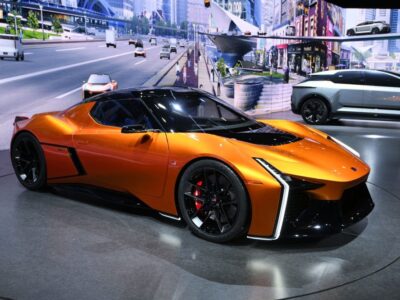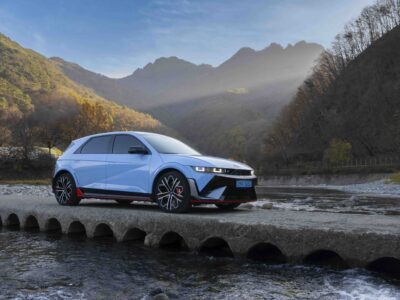Electric vehicles (EVs) are some of the best innovations we have access to these days. It’s well documented how they are beneficial in reducing greenhouse gas emissions. However, many EVs run on lithium-ion batteries, and their resources are difficult to mine and have limitations regarding charging rates and mileage for each car. Luckily, a solution to this dilemma is gaining traction: solid-state batteries.
Solid-state batteries have been researched for quite some time now. A new study by Transport & Environment concluded that solid-state batteries reduce climate impact by 39% more than their lithium-ion counterparts. Since solid-state can hold more energy and EVs already reduce emissions by 24%, this advancement is a breakthrough in clean technology. It could change the performance of EVs with more range and mileage; however, the greater impact lies in how materials for these batteries are acquired.
Like all metals, lithium is extracted from ores in rocks. The problem with mining is it has an incredibly negative environmental impact with things like sediment run-off, erosion, numerous safety hazards, and a great deal of energy to run machines and transport the ores to refineries. Most of the world’s lithium supply comes from Australia and China, so North America and Europe end up waiting longer and likely pay a premium price for raw materials for batteries.
New mining techniques like lithium extraction from geothermal wells and brine-derived lithium come into play to eliminate these issues.
These methods have a lower carbon impact potential than traditional approaches and can be done domestically, meaning more support for U.S. jobs and that manufacturers will save money, time, and materials to create solid-state batteries.
Brine-derived lithium uses thermal treatments to evaporate water and, combined with other chemicals, produces raw lithium. While brine techniques use a fair amount of water, it’s still significantly less harmful than regular mining. The good news is another method called Direct Lithium Extraction (DLE) is becoming more prominent. This process extracts lithium from brines underground without using large amounts of water.
Many startups are hoping to break into the solid-state battery business, and some are already seeing results.
QuantumScape is leading the way for solid-state batteries in EVs. The company has become a supplier for major automakers like Volkswagen for the iD EV models.
The company’s batteries are revolutionary for their quick charge rate and range. Research proves that a solid-state lithium battery could go from 10% to 80% charged in just 15 minutes, and they were able to complete 400 charge cycles. That’s equivalent to 160,000 driving miles for a battery with 400 miles of range.
“We believe QuantumScape’s lithium-metal technology provides a pathway to significantly improved fast-charging performance in EVs. We believe innovations like this are crucial to narrowing the performance gap between EVs and combustion-engine-based vehicles and represent the future of the electrified transportation sector,” CEO Jagdeep Singh said.
As EVs become more mainstream, the need to address the drawbacks of charging rates of liquid-metal batteries will become more vital. QuantumScape is getting ahead by piloting its innovations. We can probably expect solid-state batteries in new generations of EVs, perhaps even in the next two to five years.





